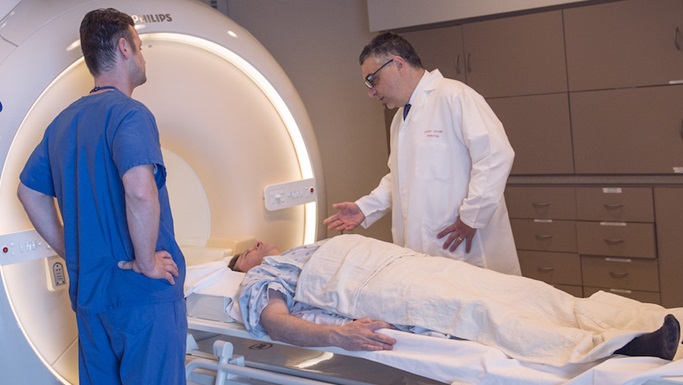Male menopause continues to be gaining greater attention nowadays. While speculations continue, you can be certain that males do undergo changes in a certain age and using prostate supplements or dietary supplements that might help support healthy male aging is gaining popularity.
The main issue here is prostate health. A loss of testosterone levels beginning around age 40 can lead to physiological alterations in how big the prostate. Another theory would be that the prostate keeps growing within a man’s lifespan and signs and symptoms can become apparent once 40. Because the prostate can be found just close to the bladder and circles the urethra, its growth may hamper the functions from the bladder and could obstruct the urethra. Signs and symptoms can include a regular have to urinate, (especially throughout the night), poor flow and trouble beginning or keeping a regular flow. Men might not recognize these signs and symptoms before the prostate is continuing to grow big enough to adversely impact prostate health and urinary functions, that is usually around 50 years old.
Even though the enlargement from the prostate is really a normal procedure for aging, the amount of men struggling with an enlarged prostate or benign prostatic hyperplasia (BPH) is continuously growing. The Nation’s Institute of Diabetes and Digestive and Kidney Illnesses (NIDDK) reported an believed 50 % of males between 50 to 60 have pathological indications of an enlarged prostate, contributing to 26% to 46% of males between 40 to 79 years are afflicted by urinary system signs and symptoms associated with BPH.
Noting that BPH is among the most often diagnosed conditions within the male population from the U . s . States, the NIDDK issued a study in 2008 with further research into BPH. This report also suggested that men that are age forty and above should see their physician for any prostate checkup.
Prostate-Specific Nutrients and Herbs
One of the various essential minerals which help our physiques every day, probably the most vital for promoting the healthy functions from the prostate are:
Zinc, plastic, selenium, boron, copper, manganese, vanadium, and germanium. Deficiency in zinc and selenium are specifically noted in individuals who are suffering from BPH.
Vitamin D can also be thought to lead to promoting prostate health.
Beta Sistoerol, produced from plant sources is really a key phyto-nutrient. There are a variety of key scientific studies that suggest its effectiveness in supporting uro-genital health in males. Beta Sitosterol has already been an authorized component in prostate drugs across Europe within the last two decades. As the Food and drug administration has still to meet up with its counterparts in Europe, a normal consumption of Beta Sitosterol through prostate supplements may beneficially impact uro-genital health.
Popular delivery forms for prostate supplements include capsules or caplets because these have proven better bio-absorption of nutrients.
The Enlargement from the Prostate Supplement Market
Because the male area of the baby boomer generation increases, same goes with the requirement for more dietary supplements that particularly address prostate health. Based on the Natural Marketing Institute’s (NMI) “Health & Wellness Trends Survey,” one-third from the men surveyed in ’09 had alternative medications previously year to deal with specific health concerns.





